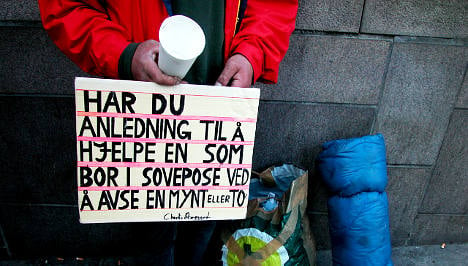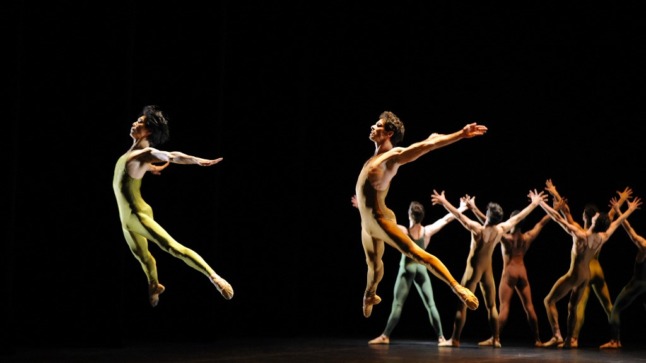With the economic crisis tightening its grip on large parts of the continent, the city fears that growing numbers of jobless Europeans will make their way to Oslo in the hope of finding work, newspaper Aftenposten reports.
“Last year we estimated that 500 to 1,000 people were living more or less permanently in different outdoor areas in the city,” said Hans Edvardsen, head of the city’s Urban Environment Agency (Bymiljøetaten).
“Because of the financial crisis we expect a major increase in the number of people heading north to seek a better life.”
The agency is now calling for the creation of an action plan to prepare for the expected influx. A meeting is being planned with the police, volunteer organizations and municipal authorities in order to discuss how best to deal with the situation.
Social affairs councillor Anniken Hauglie of the Conservative Party (Høyre) said she welcomed the initiative, since she believed many new arrivals in the city would soon learn that it was more difficult than they had imagined to find work.
She also suggested that the city should be able to rely on help from the state if the problem escalates.
“Citizens of countries in the European Economic Area are clearly required to be able to provide for themselves,” she said.
“Nobody can travel to Norway and expect to be given housing or other social benefits. People who are unable to support themselves must therefore be strongly recommended to go home.”



 Please whitelist us to continue reading.
Please whitelist us to continue reading.
Member comments